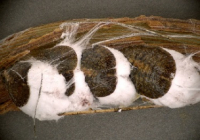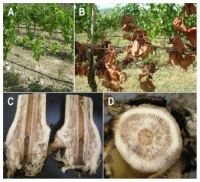National Research Users Meeting - Final Research Results from the CAP Grape & Wine Cluster
These presentation recordings comprise a series dedicated to sharing short research results from the AAFC-led research activities within the Canadian Agricultural Partnership (CAP) Grape and Wine AgriScience Cluster (2018-2023).
























